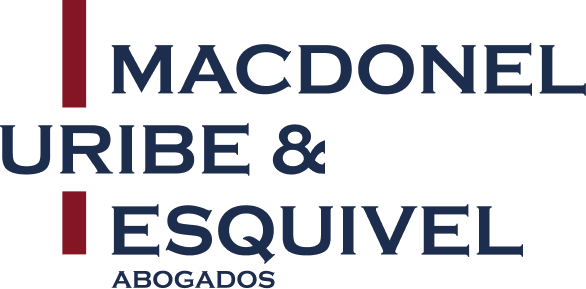 What do you think when you hear the word Metaverse? A parallel world, virtual reality or maybe it’s something very futuristic or something kids do. I even once heard someone say, “It’s a fake world where you can buy stuff that gets delivered in the real world”.
What do you think when you hear the word Metaverse? A parallel world, virtual reality or maybe it’s something very futuristic or something kids do. I even once heard someone say, “It’s a fake world where you can buy stuff that gets delivered in the real world”.
The truth is that it is a mixture of all of these. The Metaverse is the new generation of the Internet, it´s an online virtual and immersive world where people interact with each other, mirroring the real world, using an avatar, either playing, working or in a social environment, as we do in the real world.
Nowadays there are different Metaverses such as: Decentraland, Minecraft, The Sandbox and Axie Infinity among others, although new ones are constantly being created.
All this new technology can be compared to the birth of social networks. At the beginning it may be difficult to adapt and fully understand it, but sooner or later most people and companies will end up dominating and using this new technology.
Inside the metaverse there may be several intellectual property figures that can be protected, trademarks being one of the most relevant.
An example of this is when NIKE submitted new applications before both the U.S. Trademark Office (USPTO) and the Mexican Trademark Office (IMPI), protecting products from class 09 “downloadable virtual goods…”, services from class 35 “retail store services featuring virtual goods…” and class 41 “Class 41: Entertainment services, namely, providing on-line, non-downloadable virtual footwear, clothing, headwear, eyewear, bags, sports bags, backpacks, sports equipment, art, toys and accessories for use in virtual environments”.
Another clothing brand that is already preparing to have a presence in the Metaverse is Crocs, who in February of this year applied for the registration of the trademark COOL CROCS, to protect services in class 35 “Provision of an online marketplace for buyers and sellers of downloadable digital art images authenticated by non-fungible tokens (NFTs)” and in class 41 to protect “Entertainment and amusement, namely, provision of online non-downloadable virtual goods for use in virtual environments” among other classes.
In the restaurant business McDonald’s has applied for the trademark MCDELIVERY for “virtual restaurant that will deliver food online and in person” keeping one foot in the virtual world and one in the real world and “operating a virtual restaurant online featuring home delivery”. The trademark MCCAFE is also being registered to protect “entertainment services, namely, providing on-line actual and virtual concerts and other virtual events”
In July 2021, Ferrari launched a replica of its new 296 GTB model in Fortnite, which wasn´t be available until 2022 but could be driven within the video game.
A different strategy that companies have used with their trademarks are collaborations. ZARA collaborated with the South Korean brand Ader Error to launch its first collection in the metaverse while GUCCI created a collaboration with Roblox to sell a collection of digital-only accessories.
In the past six months, there has been a considerable increase of applications for trademarks related to Metaverse and NFT’s, especially in the United States, although we will gradually see this increase in other countries as technology advances.
In one way or the other, companies are looking for ways to be present in this new world and are preparing their brands to become relevant and position themselves inside the Metaverse.
Due legal protection will be a must as people are opening the possibility of creating digital goods and exploiting the prestige of recognized brands by consumers and selling them in the metaverse.
This is not new. We’ve seen this before with all the technology advances where legal systems must adapt and learn quick. If we focus on industrial and intellectual property law, the metaverse must face, among other challenges, how to provide legal certainty to the owners of industrial property rights and include in the same manner the liability of intermediaries.
The big challenge will be whether companies decide to be part of this world. If and when they do, all intellectual and industrial property departments will need to update the status of their trademark portfolios and not lose its protection.
The question is not whether the Metaverse will change the world. The question is, are we ready?
Written by Paulina Rius, Abogado at MacDonel URibe & Esquivel
| MORE NEWS | | WRITE FOR OUR NEWSLETTER |











